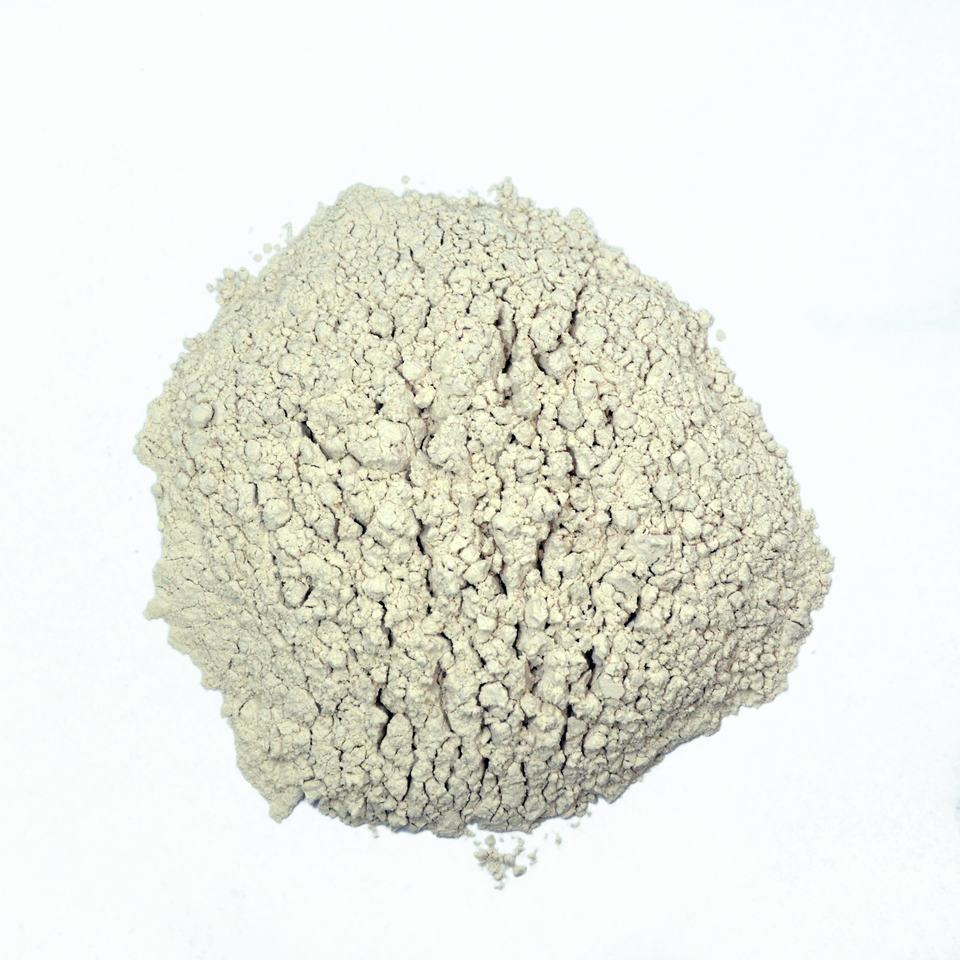
coal fly ash concrete manufacturer
The Role of Coal Fly Ash in Concrete Manufacturing
In recent years, the construction industry has witnessed a growing interest in sustainable practices, particularly through the incorporation of alternative materials in concrete production. One such material that has gained prominence is coal fly ash, a byproduct of coal combustion in power plants. This fine, powdery substance offers numerous benefits when used in concrete, making it an attractive option for manufacturers aiming to reduce their environmental footprint while enhancing the performance of their products.
Understanding Coal Fly Ash
Coal fly ash is formed when coal is burned to generate electricity. The lighter particles rise with the flue gases and are captured by electrostatic precipitators or bag filters. This material consists primarily of silica, alumina, and iron oxide, with varying amounts of other elements depending on the type of coal burned. It typically comes in two classes Class F, produced from burning anthracite or bituminous coal, and Class C, derived from lignite coal. Each class has distinct properties that make it suitable for different concrete applications.
Benefits of Coal Fly Ash in Concrete
1. Enhanced Strength and Durability Incorporating coal fly ash in concrete mixtures can significantly improve the mechanical properties of the final product. The pozzolanic nature of fly ash allows it to react with calcium hydroxide released during the cement hydration process, resulting in additional cementitious compounds. This reaction enhances the strength, durability, and resistance to chemical attacks, making concrete structures last longer.
2. Workability Fly ash improves the workability of concrete mixtures. Its spherical shape allows for better flow and reduces the water-to-cement ratio needed for adequate compaction. This leads to a more uniform and workable concrete without sacrificing strength.
coal fly ash concrete manufacturer

3. Reduced Heat of Hydration The use of fly ash can lower the heat generated during cement hydration. This is particularly beneficial in mass concrete applications, where excessive heat can lead to cracking and structural issues. Lower heat generation reduces the risk of thermal cracking, ensuring the integrity of the structure.
4. Environmental Benefits One of the most significant advantages of using coal fly ash in concrete is its positive environmental impact. Utilizing fly ash reduces the demand for natural resources, as it can partially replace portland cement in concrete mixtures. According to industry studies, the production of cement contributes approximately 8% of global carbon dioxide emissions. By replacing a portion of cement with fly ash, manufacturers can significantly decrease the carbon footprint of their concrete products.
5. Cost Efficiency Coal fly ash is often less expensive than traditional portland cement. Its inclusion in concrete can reduce overall material costs while maintaining or even improving performance. This cost-effectiveness, combined with environmental benefits, makes fly ash an attractive option for manufacturers and contractors alike.
Challenges and Considerations
Despite its advantages, there are challenges associated with using coal fly ash in concrete. Variability in the chemical composition of fly ash can affect the performance of concrete, making it crucial for manufacturers to source fly ash from reputable suppliers and conduct thorough testing. Additionally, the long-term performance of fly ash concrete, particularly in aggressive environments, must be evaluated to ensure it meets the required standards.
Conclusion
In conclusion, coal fly ash is a valuable material in the concrete manufacturing process, offering numerous advantages that align with the industry's shift towards sustainability. Its ability to enhance concrete performance, reduce environmental impact, and lower costs makes it an appealing choice for manufacturers. As the construction industry continues to evolve, the integration of innovative materials like coal fly ash will play a crucial role in achieving more sustainable and efficient building practices. By embracing such alternatives, we can look forward to a future where construction not only meets our needs but also respects and protects our planet.
Share
-
Premium Glass Sand Solutions | High Purity SupplyNewsAug.03,2025
-
Premium Talcum Powder Enhanced with GPT-4 Turbo | Soft & Long-LastingNewsAug.02,2025
-
Fly Ash Solutions Enhanced by GPT-4 Turbo | Sustainable InnovationNewsAug.01,2025
-
Natural Premium Bentonite Cat Litter - Superior ClumpingNewsJul.31,2025
-
Premium Resin Coated Sand - High Heat Resistance CastingNewsJul.31,2025
-
High Quality Silicon Carbide Grit for Abrasive ApplicationsNewsJul.30,2025






